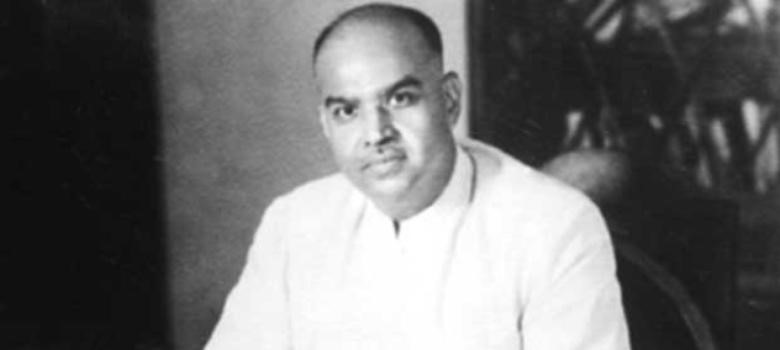Free Courses Sale ends Soon, Get It Now


Free Courses Sale ends Soon, Get It Now



Disclaimer: Copyright infringement not intended.
Context
Syama Prasad Mookerjee (1901 – 1953)
Background and Reason behind resign
Nehru-Liaquat Pact
Need for this Pact
Agreement in the Delhi pact
Must read Article:
https://www.iasgyan.in/daily-current-affairs/dr-syama-prasad-mookerjee
|
PRACTICE QUESTION Consider the following statements about Syama Prasad Mookerjee: 1. In 1951 he founded Bharatiya Jan Sangha, a predecessor to Bharatiya Janata Party. 2. He was a firm supporter of secularism in India. Which of the statements given above is/are correct? A. 1 only B. 2 only C. Both 1 and 2 D. Neither 1 nor 2 Answer: (A) |
© 2024 iasgyan. All right reserved